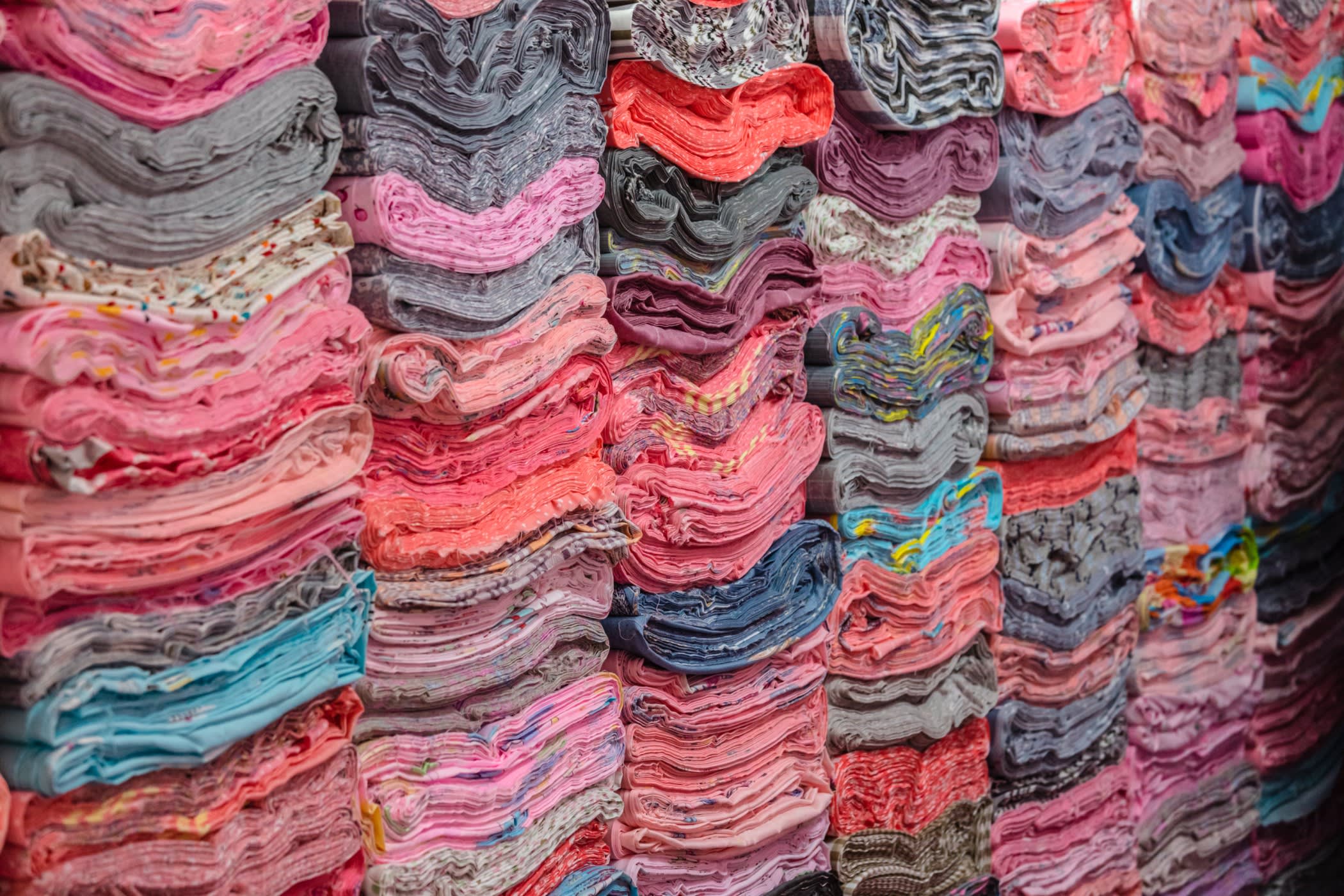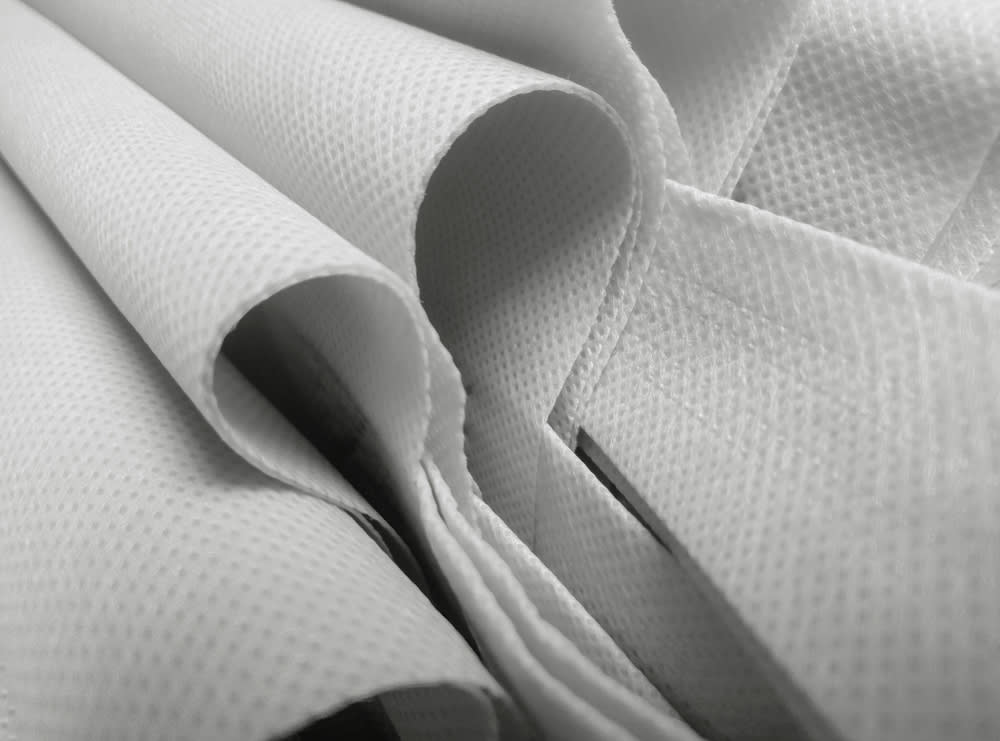Seam Rippers: Various Types, Maintenance And When To Replace Them

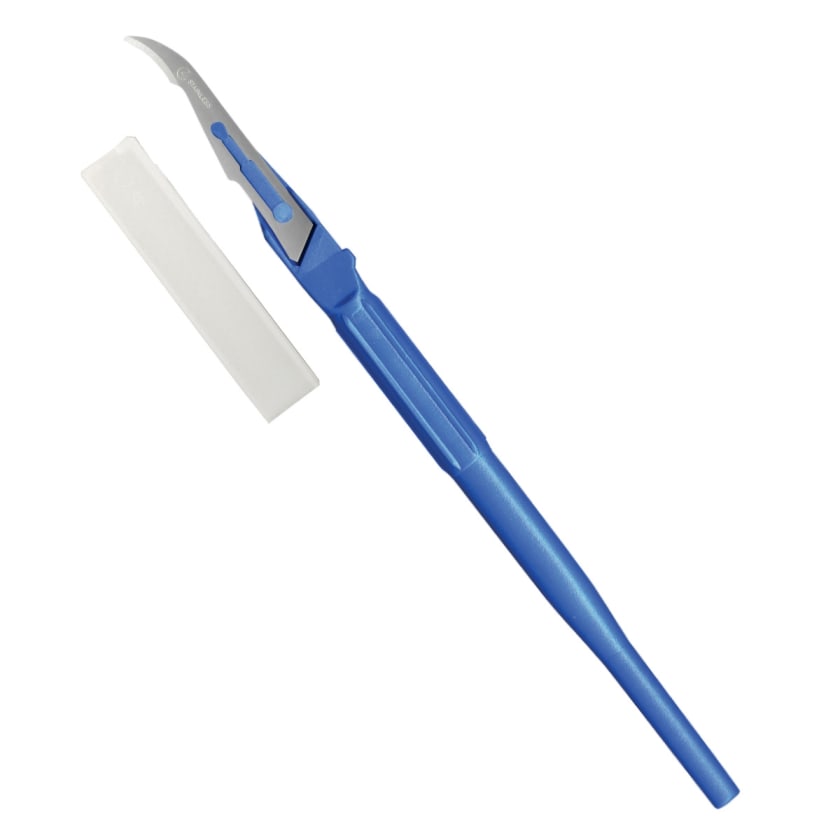

Let’s face the fact that diamonds are not a girl’s best friend, but a seam ripper is. A seam ripper is a tool that seamstresses or fashion professionals use to remove stitches, open seams, cut threads, and open buttonholes. As unsewing is just as crucial to a quality finished project as putting in the stitches, it is an invaluable tool for anyone who works with the thread and the needles. The tool allows fashion artists to quickly and easily remove the stitches they find irrelevant. Because of that reason, it is considered to be one of the most important tools for sewing.
At first, it seems pretty simple and straightforward to use the tool, but just like other sewing tools, there is more than one way to use the seam ripper. Some methods work way better than the others, depending on the fabric type, the thread, and where the stitches and seams are located. Fashion professionals need to know when and how to use the sewing tool effectively. A little tool is a hand tool with a sharp point for unpicking stitches and a blade for cutting stitches or ripping the seams open. The major parts of seam rippers include the handle, neck, point, J-Curve blade, and a red ball.
Various Types of Seam Rippers
Seam rippers have rightfully earned their important spot in the fashion and textile industry and every sewer’s toolbox. It is also known as the “Reverse Sewing Tool” as it reverses everything that has been sewn. Almost any mistake made while quilting and sewing can be undone without wasting any time and effort with the help of the good seam ripper. Majorly, there are two types of seam rippers, the forked head and curved blade. The third type of seam ripper is stiletto, used as a thread picker or helps move the fabric under a sewing foot.
Forked Head Seam Ripper
The forked head is the standard type of seam ripper that mostly sewer and crafters use. It has a U-shaped blade where one side is slightly longer than the other side. Often, the forked head seam ripper is used the wrong way. The most popular way to use the sewing tool is to slide the longer side into the seam and grab the thread you want to cut. The shorter side of the tool usually has a plastic ball for protection. The curved area between the arms is very sharp, and here the thread gets sliced.
Curved Blade Seam Ripper
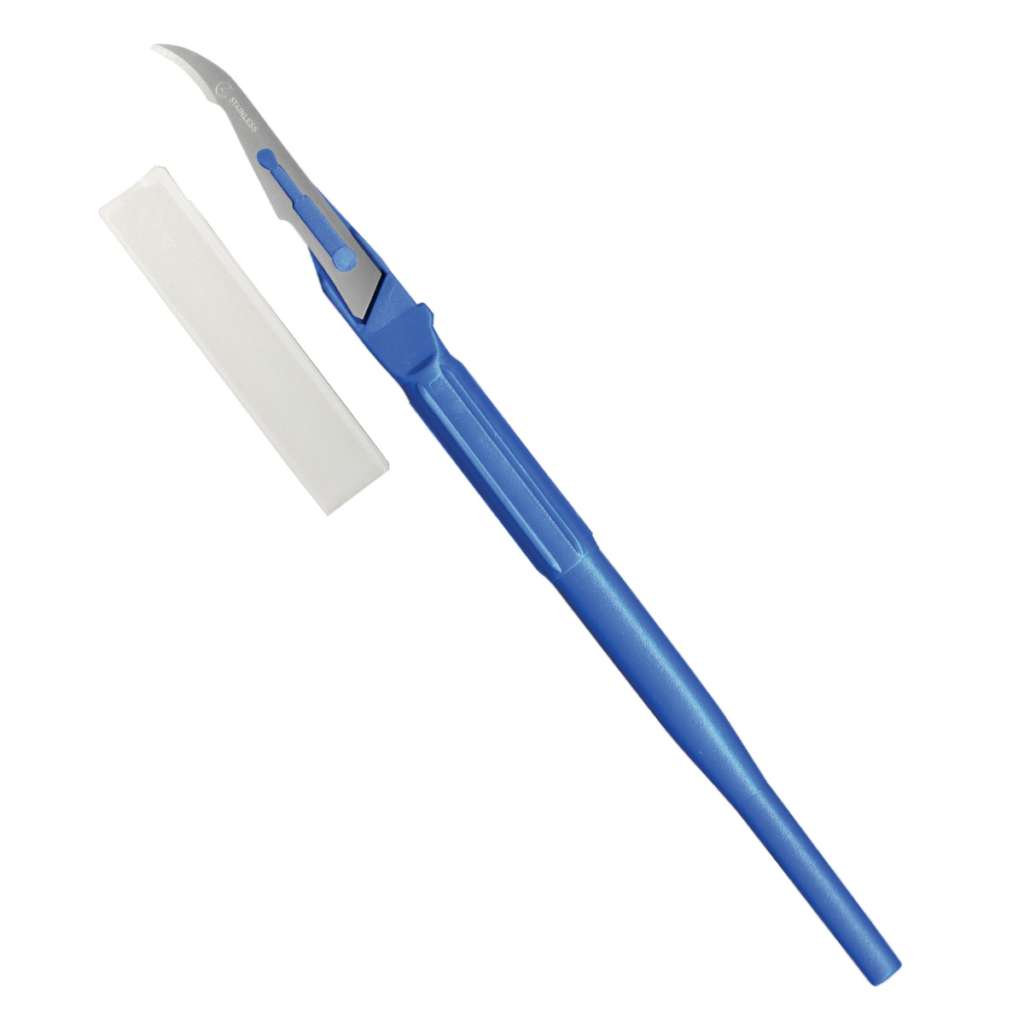
The tool is sometimes referred to as the surgical seam ripper because it resembles a surgical scalpel. The blade of the seam ripper is incredibly sharp and dangerously exposed, but it can cut through the threads much faster and efficiently. Fashion professionals can quickly fix the mistakes done while quilting and sewing. It is advised that beginners should not use seam rippers, and one should be extra careful with these tools.
Stiletto
Stiletto, also known as an awl, is used for picking stitches when removing the quilting stitches. It is not time efficient to use a seam ripper on a quilt top. With the help of the sewing tool, one can carefully and safely pick the thread without damaging the quilt. The stiletto is used to prevent pulling or distortion of the quilting and keep the quilt safe.
Maintenance and Replacement of Seam Ripper
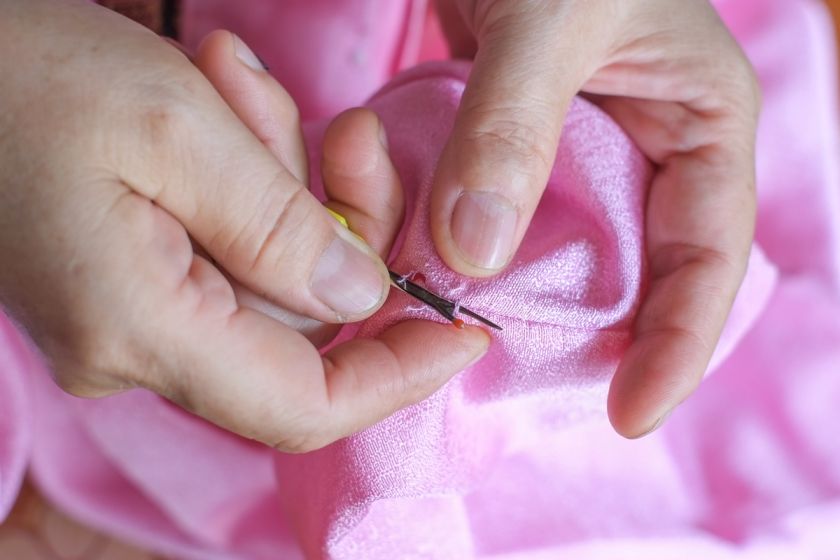
It is important to maintain the seam ripper effectively to get the best out of the sewing tool. Keep the seam ripper in a safe place and use the cover to protect its sharp points. Clean the tool from time to time and remove sticky debris from it. Over the time of the use of the seam ripper, it will get dull and ineffective. When such things happen, replace the seam ripper with a new one.
Seam rippers are versatile sewing tools that are widely used in the fashion and textile industry. With the help of the tool, one can remove stitches, cut threads, open seams, and open buttonholes. It is essential to have a tool that does the job effectively with great precision to make the stitching flawless.
















